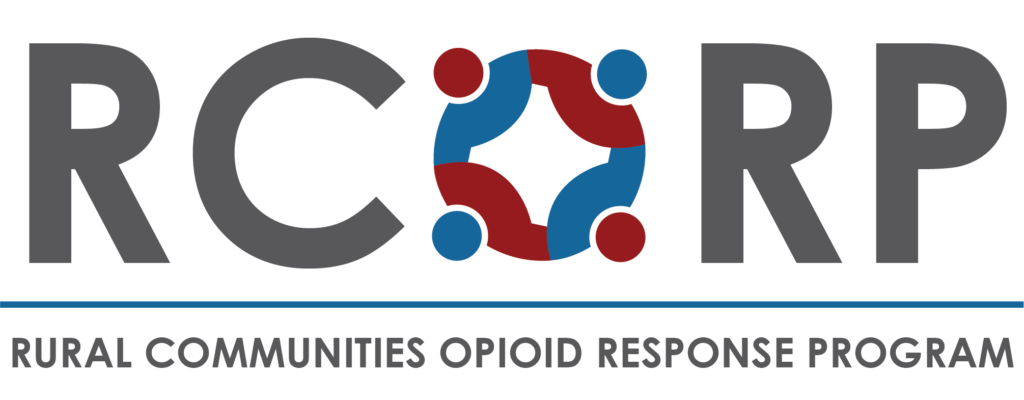Common Workplace Challenges
Even the best workplaces face challenges. In this course, you’ll learn how to navigate some of the most common challenges from dealing with difficult people to overcoming your own mistakes.
Four Essential Customer Service Skills
A handful of customer service skills can make the difference between an average experience and one that leaves your customers feeling completely delighted. Do you know what those skills are? Do you have them? In this course, we’ll uncover four essential customer service skills and give you many tips, food for thought, and resources for […]
How to be an Ally for Diversity and Inclusion
This course provides some tips on how you can become an ally for diversity and inclusion.
Resolving Conflict
In this course, you’ll learn common sources of discord and some typical responses. You’ll also discover techniques to resolve conflict, address anger, and stop abusive behavior.
Time Management Essentials
Discover tips on how to manage your time more effectively.
The Science of Effective Listening
This course covers best practices for improving listening skills.
Setting Goals That Actually Work
In this course, you’ll learn why the process of setting your goals is just as important as choosing targets that truly matter
Diversity Basics: Foundations
Develop a foundation and recognition for the importance and value of diversity, equity, and inclusion as part of your recovery house culture.
Cultivating Diversity, Inclusion, and Belonging
This course assists you in building skills and abilities for cultivating not just diversity and inclusion as part of your organization and work but also helps you develop skills to help make people feel like they belong in your organization.
Diversity: Taking Action
Learn how individual stories impact our well-being and explore these narratives through specific examples and exercises.

